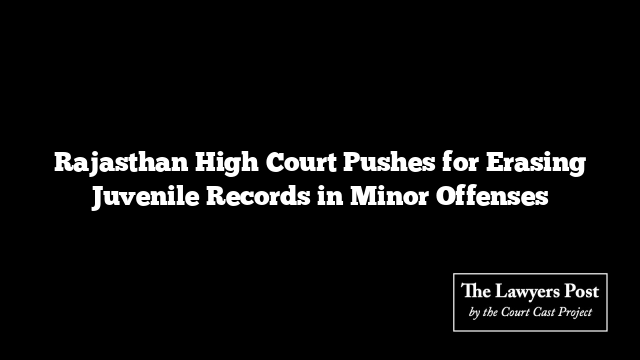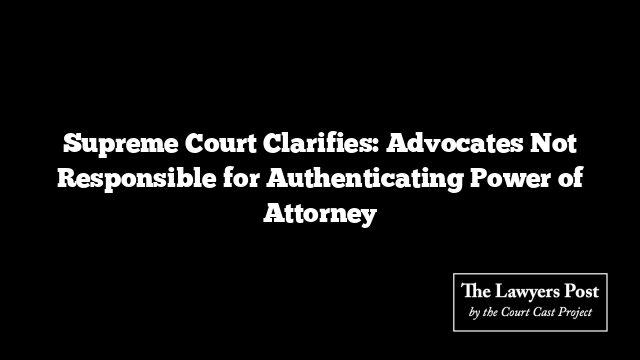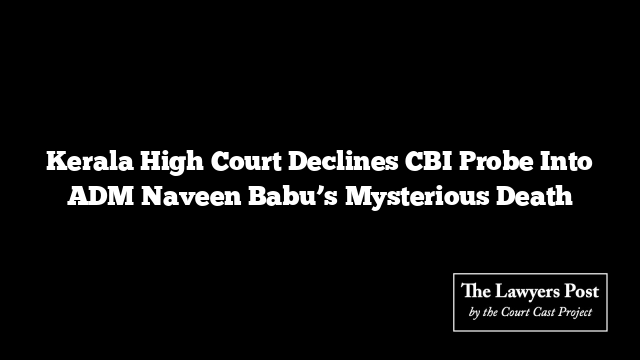The Rajasthan High Court has advocated for reform within the juvenile justice system, emphasizing the need to expunge records of minor offenses committed by young individuals. This approach, the Court argued, would foster rehabilitation and remove obstacles to their personal and professional development.
Highlighting the impulsive nature of youth, the Court underscored that decisions made during adolescence should not permanently tarnish an individual’s future. “A reformative approach is essential for youthful mistakes committed in moments of impulse, which may lack intent,” the judgment noted.
The case in question involved a 28-year-old whose application for a police officer position was rejected due to his criminal history. The man had been a juvenile when two FIRs were filed against him and just above 18 when a third case emerged. All charges were eventually cleared.
The Court observed that the individual had answered “no” to a question about being an ex-prisoner, as he had been acquitted. It deemed this response appropriate, noting there was no misrepresentation on his part.
Rejecting the State’s argument that the acquittals were due to benefit of the doubt, the Court clarified that the accusations lacked evidence of moral turpitude or actions incompatible with the duties of a police officer.
“Mere registration of an FIR does not equate to a conviction or poor character,” the Court stated, calling for proportionality in assessing past offenses. Minor mistakes, it argued, should not be treated on par with serious crimes.
In one instance, the High Court had previously quashed an FIR against the petitioner under Section 307 of the IPC, directing that it be treated as though it never existed. The Court’s stance reflected its commitment to ensuring that youthful indiscretions do not obstruct individuals from leading productive lives.
With these findings, the Court directed the petitioner’s appointment as a Sub-Inspector, urging authorities to issue appropriate orders. A position had been kept vacant for the petitioner during the pendency of the case, following an earlier directive.
The judgment serves as a reminder of the importance of balancing justice with compassion, ensuring that young individuals are not permanently stigmatized for minor lapses in judgment.





